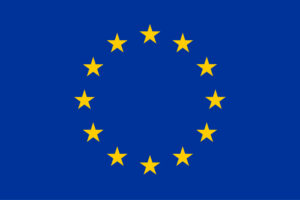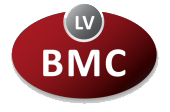
Project title: Joint Action on CARdiovascular diseases and Diabetes (JACARDI)
Funding EU4H-PJG
Project No.: 101126953
Period: 01.11.2023. – 31.10.2027.
Project costs: 66 245 986,50 EUR
Coordinator: ISTITUTO SUPERIORE DI SANITA
Project summary:
The Joint Action on CARdiovascular diseases and DIabetes (JACARDI) aims to reduce the burden of cardiovascular disease (CVD) and diabetes (DM) in EU countries, both at individual and societal level. JACARDI is designed to integrate validated best practices and/or (cost-)effective interventions across countries and regions through transnational pilot initiatives, complementing and reinforcing existing policies and programs. The initiative covers the entire “patient journey”, from improving health literacy and awareness of CVD/DM, travelling through screening and primary prevention among high-risk populations, reaching people living with CVD/DM and their care providers, improving service pathways, self-management, and labour participation. JACARDI also addresses transversal and intersectional aspects, e.g., promoting equity in health, social, cultural, and ethnic diversity and the improvement of data availability. The activities are distributed into 11 Work Packages (WPs): 5 transversal WPs, with one innovative WP on the development of a common methodological framework and integrative approach, and 6 technical WPs. The wide coverage of JACARDI is secured by the involvement of 21 EU countries and 77 partners. The widespread implementation of 142 pilots will ensure broad coverage and geographic extension, while the adoption of a common implementation and assessment methodology will minimise the risks of failure and facilitate the analysis of success and context factors. The resulting roadmap will serve as proof-of concept case studies with the potential to extend and scale-up experiences at the national/regional level. JACARDI will enhance cross-national collaboration, maximising the exploitation of lessons learned through a clear strategy, engaging groups of interest, promoting integration and sustainability of approaches to achieve high-level impact, including the implementation of effective interaction, cooperation and co-creation between science and policy.
Information published 01.11.2023.

